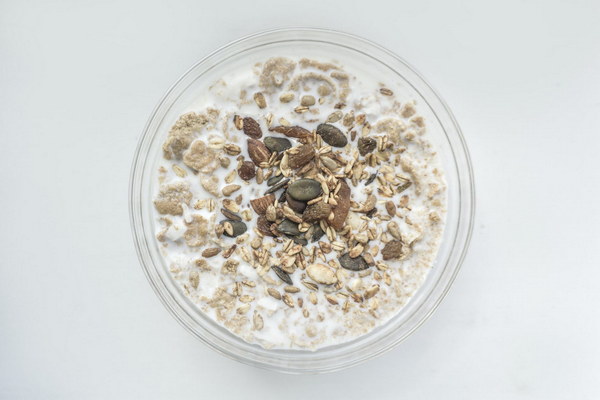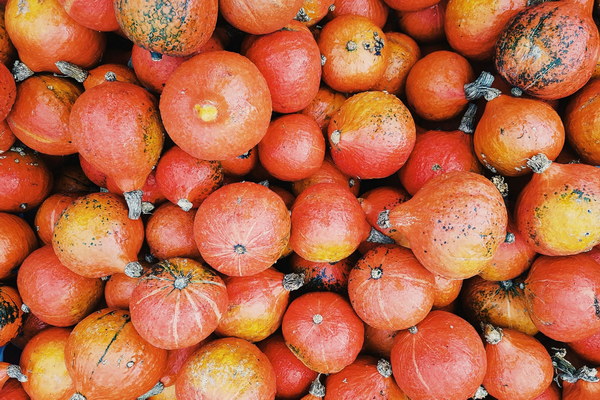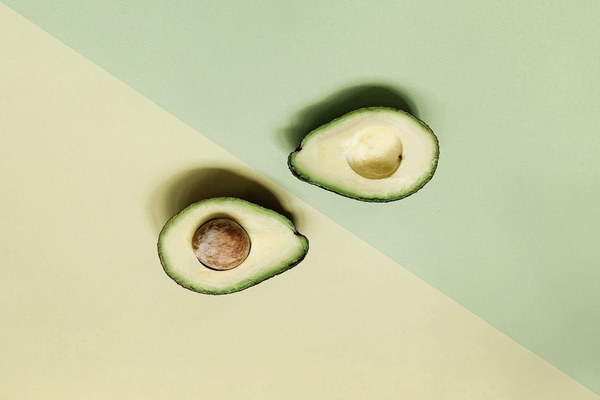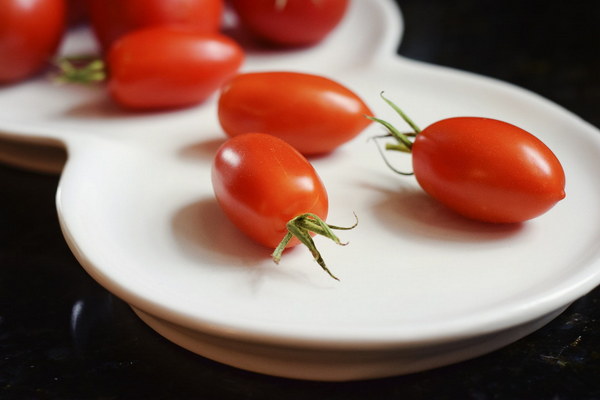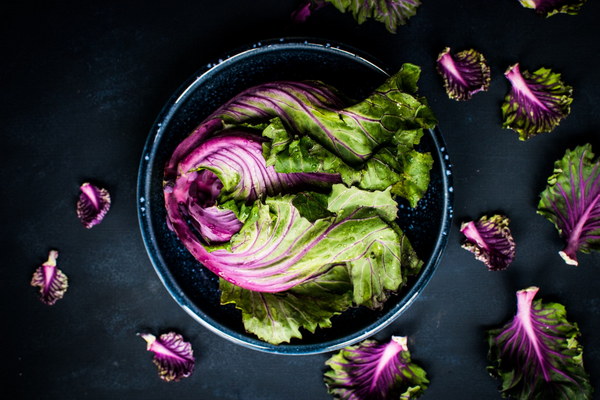Nourishing the Spleen and Draining Dampness The Role of Whole Grains in Traditional Chinese Medicine
In the realm of Traditional Chinese Medicine (TCM), the concept of balancing the body's internal energies is paramount. One such balance that is often emphasized is the harmonization of the spleen and the draining of dampness. The spleen, in TCM, is responsible for transforming and transporting nutrients from the food we eat, and dampness refers to a pathological condition where the body's fluids become stagnant or accumulate inappropriately. Whole grains play a significant role in this therapeutic approach. Let's delve into how incorporating these grains into your diet can help nourish the spleen and drain dampness.
Understanding the Spleen and Dampness
The spleen in TCM is a vital organ that not only processes the nutrients from our food but also plays a crucial role in the immune system and blood formation. It is often associated with the functions of digestion, metabolism, and the transportation of nutrients throughout the body. When the spleen is functioning optimally, it ensures that the body receives the necessary nourishment to maintain health.
Dampness, on the other hand, is a concept that describes a state where the body's fluids are not flowing as they should, leading to conditions such as fatigue, weight gain, bloating, and even joint pain. It is believed that dampness can be caused by an overindulgence in cold, damp foods, or external factors like living in a humid climate.
The Role of Whole Grains
Whole grains are a staple in many traditional diets and are celebrated in TCM for their ability to nourish the spleen and help drain dampness. These grains are rich in essential nutrients such as fiber, vitamins, and minerals, which are vital for the proper functioning of the spleen.
1. High Fiber Content: The fiber in whole grains helps to move the bowels and prevent constipation, which is beneficial for the spleen's function in transforming and transporting nutrients. It also aids in the elimination of dampness by promoting healthy digestion.
2. Nutritional Richness: Grains like brown rice, quinoa, and buckwheat are packed with nutrients such as B vitamins, iron, magnesium, and selenium. These nutrients support the spleen's role in energy production and the immune system.

3. Balancing Energy: In TCM, certain grains are believed to have specific energetic properties that can help balance the body's yin and yang. For example, brown rice is considered to be sweet and neutral in nature, making it a good choice for balancing the spleen's energy.
Incorporating Whole Grains into Your Diet
Here are some ways to include whole grains in your daily meals to support spleen health and dampness drainage:
- Start with Breakfast: Swap out refined cereals for whole grain options like oatmeal, whole grain toast, or a bowl of brown rice with your morning eggs.
- Lunch and Dinner: Incorporate brown rice or quinoa into your salads or use them as a base for stir-fries and curries.
- Snacks: Snack on whole grain crackers or whole grain bread with almond butter or avocado for a nutrient-rich midday bite.
- Bread and Baked Goods: Choose whole grain breads and baked goods over their refined counterparts to ensure you're getting the full benefits of the grain.
Conclusion
Whole grains are a valuable component of a diet that aims to nourish the spleen and drain dampness according to TCM principles. By including these grains in your daily meals, you can support your body's natural processes and promote overall health and well-being. Remember, balance is key, and it's important to listen to your body and adjust your diet according to your individual needs and preferences.
